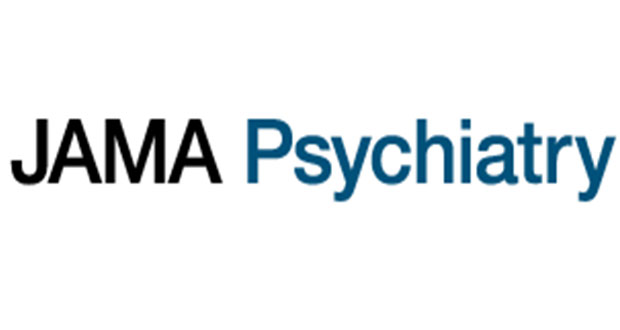
“Chronic cannabis use is associated with neuroanatomical alterations in the hippocampus. While adverse impacts of cannabis use are generally attributed to Δ9-tetrahydrocannabinol, emerging naturalistic evidence suggests cannabidiol (CBD) is neuroprotective and may ameliorate brain harms associated with cannabis use, including protection from hippocampal volume loss. This study examined whether prolonged administration of CBD to regular cannabis users within the community could reverse or reduce the characteristic hippocampal harms associated with chronic cannabis use.
Results: No change was observed in left or right hippocampus as a whole. However, left subicular complex (parasubiculum, presubiculum, and subiculum) volume significantly increased from baseline to post-treatment (p=0.017 uncorrected) by 1.58% (Cohen’s d=0.63; 2.83% in parasubiculum). Heavy cannabis users demonstrated marked growth in the left subicular complex, predominantly within the presubiculum, and right cornu ammonis (CA)1 compared to lighter users. Associations between greater right subicular complex and total hippocampal volume and higher plasma CBD concentration were evident, particularly in heavy users.
Conclusions: Our findings suggest a restorative effect of CBD on the subicular and CA1 subfields in current cannabis users, especially those with greater lifetime exposure to cannabis. While replication is required in a larger, placebo-controlled trial, these findings support a protective role of CBD against brain structural harms conferred by chronic cannabis use. Furthermore, these outcomes suggest that CBD may be a useful adjunct in treatments for cannabis dependence and may be therapeutic for a range of clinical disorders characterized by hippocampal pathology (e.g., schizophrenia, Alzheimer’s disease, and major depressive disorder).”
https://www.ncbi.nlm.nih.gov/pubmed/29682609
“In conclusion, our findings are the first to demonstrate an ameliorating effect of CBD treatment upon brain structural harms characteristic of regular cannabis use. Furthermore, these results speak to the potential for CBD treatment to restore hippocampal pathology in a range of clinical populations (e.g., schizophrenia, Alzheimer’s disease, and major depressive disorder).”








 “Symptom management in older adults, including pain and distressing non-pain symptoms, can be challenging. Medications can cause side effects that worsen quality of life or create other symptoms, and polypharmacy itself can be detrimental in older adults.
“Symptom management in older adults, including pain and distressing non-pain symptoms, can be challenging. Medications can cause side effects that worsen quality of life or create other symptoms, and polypharmacy itself can be detrimental in older adults. 